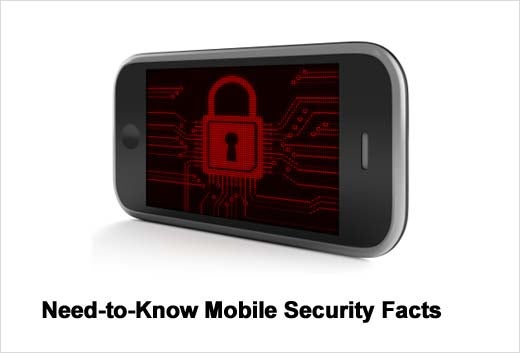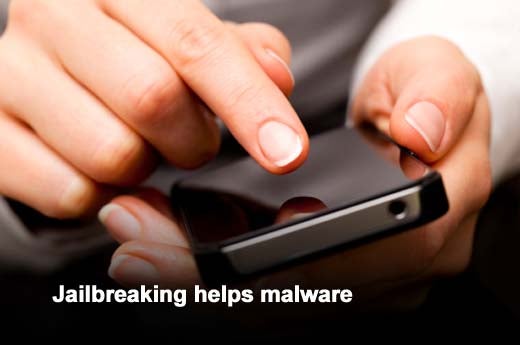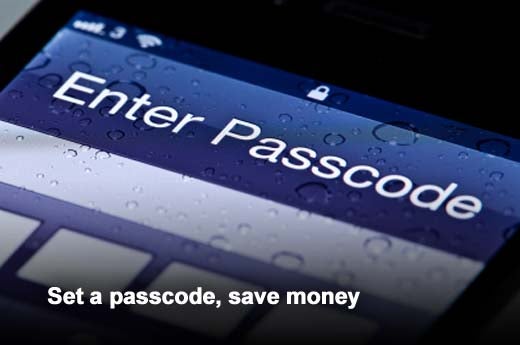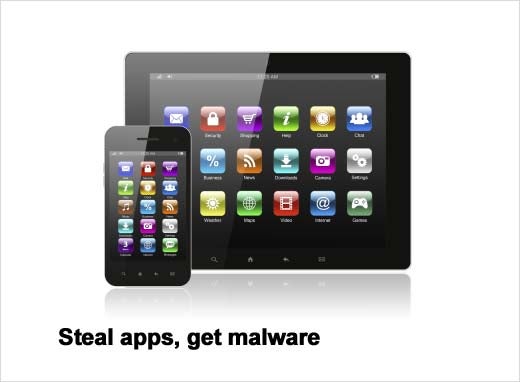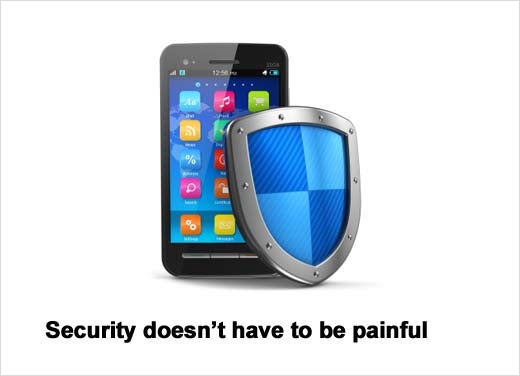So your users just got new shiny smartphones and can’t wait to start downloading all the hottest apps. Hold on a second. Before they do, there are some important facts they need to know. Adam Ely, founder & COO at Bluebox, has identified security facts every mobile user must know before they expose company or personal data to cyber criminals.
Click through for eight facts everyone needs to know about mobile security, as identified by Adam Ely, founder and COO at Bluebox.
We’re bombarded with permission requests each time we install an application and since we want the application to work, we click allow. Giving applications access to contacts, calendar, and photos means it can access and copy your information to their servers anytime and as often as the application wants.
Protecting the device is important in order to protect the data stored and accessed from the device. What’s worth protecting is not the pieces of metal and plastic or even the applications, it’s the data and access to that data. Don’t store bank passwords on a mobile device without using a secure, encrypted password manager separate from the operating system.
Jailbreaking iOS and Android reduces security, putting your data at risk and aiding malware. Manufacturers are adding user-requested features, reducing the need to jailbreak devices in order to be productive.
According to a Gizmodo article, “the Associated Press reports that smartphone robberies now account for nearly half of all robberies in San Francisco.” Additionally, they report that rates in New York City are up by as much as 40 percent, and in Los Angeles, they’re up by 27 percent over last year. Thieves steal your phone, run up your bill, copy your data, then sell the device on the black market. Save yourself some money by setting a passcode as soon as you get a new phone. Use at least a six-character password to protect yourself from the slightly more tech-savvy criminals.
Third-party analytics companies are gathering your physical movements to determine what stores you enter, for how long, and which stores you bypass, and then selling that data to retailers. They are able to do this by tracking the unique MAC address included in broadcasts your device sends out when updating the list of available Wi-Fi networks, even when you don’t connect to these networks or take any action. Disabling Wi-Fi when not in use will keep your physical location a mystery.
Criminals have great success bundling malware with popular applications and games such as Angry Birds and offering them for free through third-party app stores. These app stores don’t review submissions as carefully as trusted sources such as Apple and Google. Avoid third-party app stores to avoid most malware.
Devices that are lost or damaged are the main cause of mobile data loss, but don’t forget, devices managed by employers can be wiped for security reasons or when changing jobs. Mobile devices include easy to configure, backup solutions that are automatic and wireless. Make sure you back up your personal and work data before you lose it.
Protecting data and privacy doesn’t have to be disruptive. If you’re responsible for managing mobile security in your company, picking the right solution that maximizes user productivity, is transparent, and gives enterprise control while protecting user privacy will be well accepted by users and achieve your security goals.


